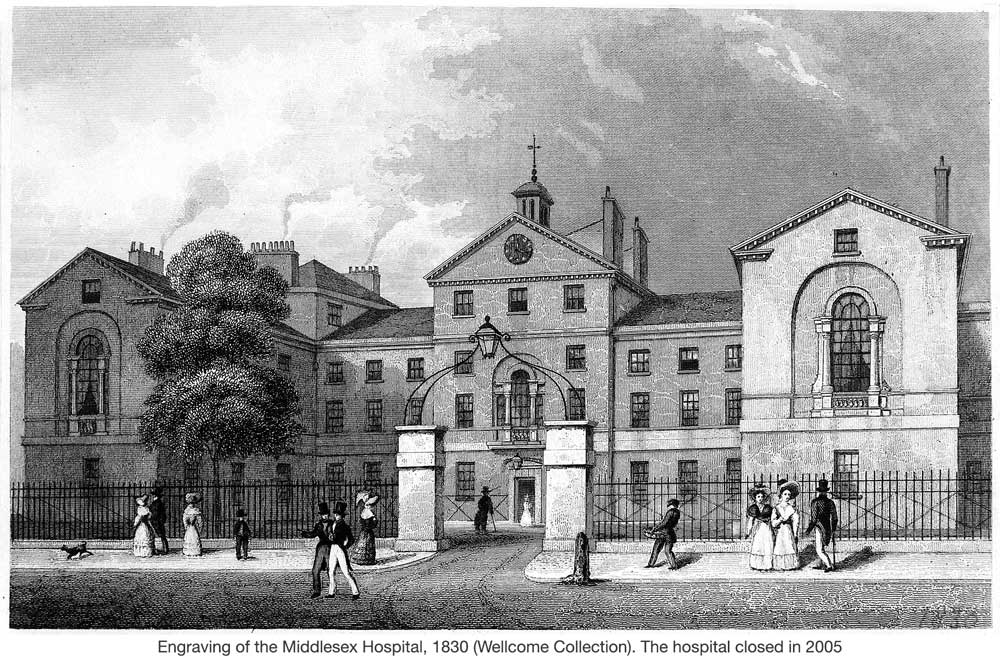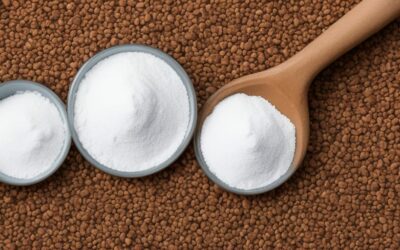Key Points:
- The diet was created by immunologist and consultant rheumatologist Alan Ebringer
- It is based on evidence of a link between the Klebsiella microbe, autoimmune disorders and ankylosing spondylitis
- Klebsiella primarily feeds off starch (hence the ‘starch free’ diet)
The Starch Free Diet (also known as the ‘London AS Diet’, the ‘No Starch Diet’ and the ‘Low Starch Diet’) was the brain child of Professor Alan Ebringer.
He is a immunologist, professor at King’s College in the University of London and an Honorary Consultant Rheumatologist.
Some background:
In 1982 an ankylosing spondylitis patient was put on a low carbohydrate diet in order to lose weight.
The patient discovered that as well as losing weight his backache disappeared as a result of the new regime.
This is where it gets interesting…
When looking for connections between gut flora and diet they found that people on low carbohydrate diets had significantly less Klebsiella microbes.
In one study they found “30,000 per gram of faeces compared to a value of 700 per gram of faeces in the “low carbohydrate group”” (source).
That’s over 40 times less in the low carbohydrate group.
With the discovery of this promising link between the Klebsiella microbe and specific autoimmune disorders, such as ankylosing spondylitis, the next step was to try and isolate exactly what the microbe feeds on.
Carbohydrates had already been implicated, but this is an incredibly broad group.
Further investigations surmised that “starch is the main source of Klebsiella growth in the colon” (source).
Diet as a treatment for AS at the Middlesex Hospital
The Middlesex Hospital in London was where the diet was first used to treat patients with Ankylosing Spondylitis.
(It’s sometimes referred to as the London AS Diet because this is the city where Professor Ebringer spent most of his time).

This is where it was first implemented as a treatment for ankylosing spondylitis.
Over 450 patients underwent this dietary intervention under the guidance of Professor Ebringer and his team.
During the course of their treatment at the Middlesex Hospital, they were educated on the principles of the diet and instructed on how to identify and avoid high-starch foods.
They were also given resources and support to help them transition to a low/no starch lifestyle, which included meal planning, shopping guidance, and ongoing monitoring of their progress.
The clinical team closely monitored the patients’ symptoms, such as pain, stiffness, and mobility, as well as laboratory markers of inflammation, including C-reactive protein (CRP) and erythrocyte sedimentation rate (ESR).
This meant they were able to evaluate the effectiveness of the diet on an individual basis and make adjustments as needed.
All this contributed to the growing body of evidence which suggests a potential link between diet, gut microbiota, and autoimmune diseases such as ankylosing spondylitis.
While it gained interest from the medical community it never quite took hold as a treatment in other parts of the UK or the world. Today most rheumatologists (although not all) are unfamiliar with the diet or the studies surrounding it.
Sadly the hospital is now closed and with it much of the fantastic work that was done using diet to treat AS has been forgotten.
How does the diet work?
Let’s look at the theory behind why this diet works.
For that we need to look at the underlying mechanism which connects the presence of Klebsiella bacteria with ankylosing spondylitis.
Klebsiella bacteria possess molecules on their surface that very closely resemble specific proteins found in the joints of people with AS.
We call this ‘molecular mimicry’.
This molecular mimicry is believed to trigger a misguided immune response in certain genetically susceptible individuals (i.e. people with AS).
This ‘friendly fire’ immune response leads to inflammation and damage to the joints, particularly in the spine and sacroiliac joints.
Professor Ebringer’s research suggested that by reducing or eliminating starch intake, the growth of Klebsiella bacteria could be limited. As a result this would reduce inflammation and help alleviate or even eliminate AS symptoms.
The diet focuses on consuming foods that don’t contain starch, such as lean meats, fish, eggs, salads, and non-starchy vegetables. It also suggests avoiding high-starch foods like potatoes, rice, bread, and pasta.
There are a number of case studies (as well as an enormous amount of anecdotal evidence) to support the idea that following this diet can lead to improvements in AS symptoms.
In a study published in 1996, Ebringer and his colleagues demonstrated that 36 out of 64 patients (56%) with AS experienced significant improvement in pain, stiffness, and mobility after adopting this diet (source: Ebringer A – see more here)
We do need more comprehensive, large-scale clinical trials to get this acceptable by the wider medical community. Additionally, the effectiveness of the diet may vary from person to person.
That’s because individual gut microbiomes and genetic predispositions can mean people are affected by food in different ways.
That’s why we always recommend starting with a strict elimination diet first to find out what works for you.
I’ve produced a detailed guide on this here:
🔗 How to start your elimination diet
Obviously please only ever make changes to your diet if it is safe to do so and do check with your GP first if you are unsure of anything.



Hi, I want to thank you again for this resource. I am at the beginning of my journey, but years ago I did a keto diet and my body became limber and painfree. I clicked on the “How to Start Your Elimination Diet” Link on this page https://gutheroes.com/diet/about-the-london-as-starch-free-diet-for-ankylosing-spondylitis/ but the link didn’t work. Is it fixable? Or do I need to go somewhere else to find this inofo?
Hi Linda! Thank you for your kind words (and sorry I’ve only just seen this). If you see this, that link should be working now.
That link still does not work and links back to this same page.
Hi George, how frustrating. There must be something strange going on my end. I’ve checked and even redone the and each time it takes me to the right place. Can I just check that it is this link you are referring to? https://gutheroes.com/ankylosing-spondylitis-diet-quick-start-guide/ When you click that are you saying it re-directs you here instead https://gutheroes.com/?
That new link works.